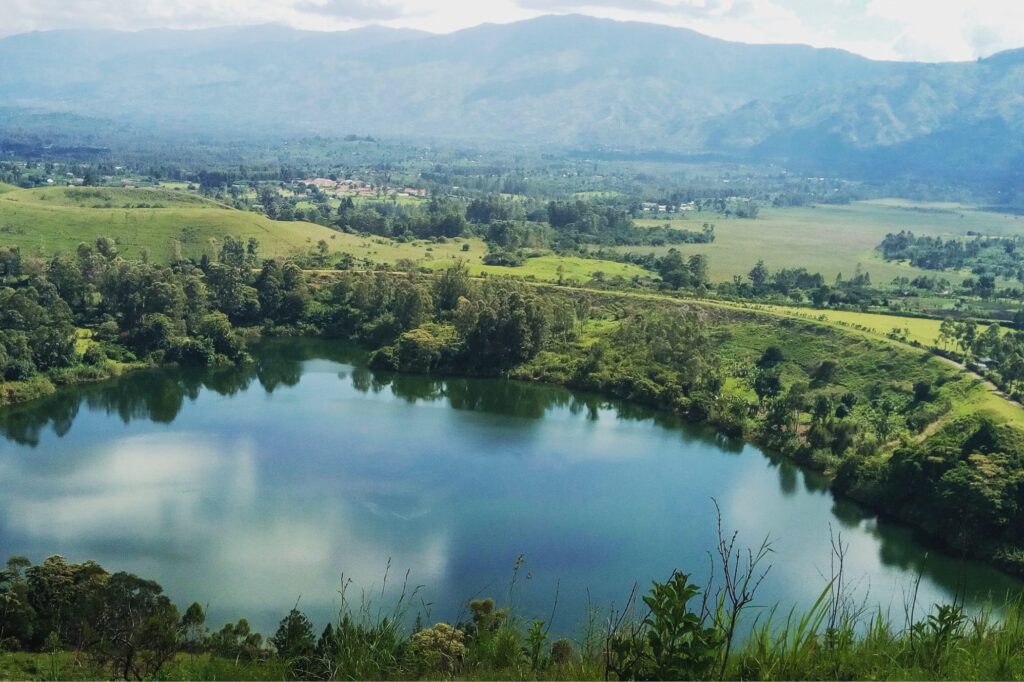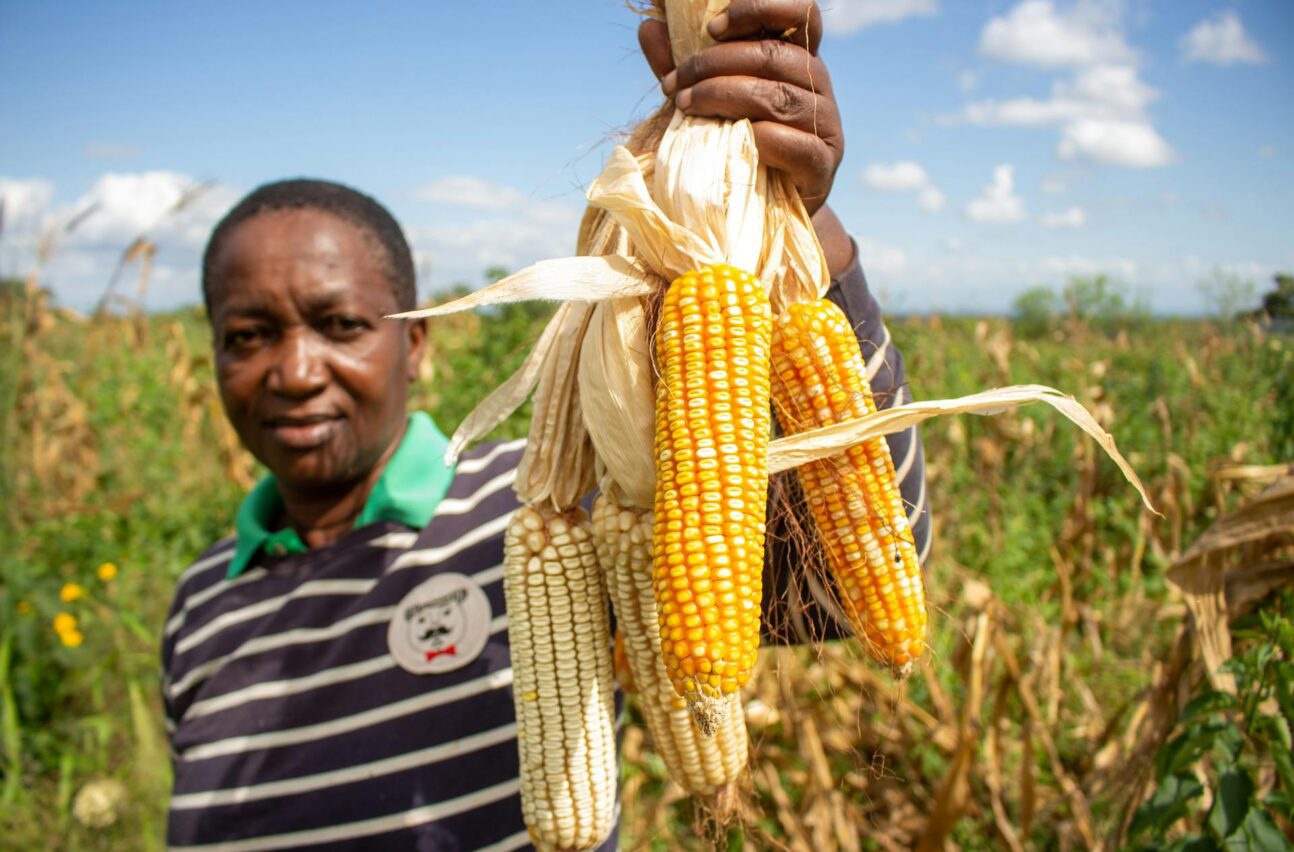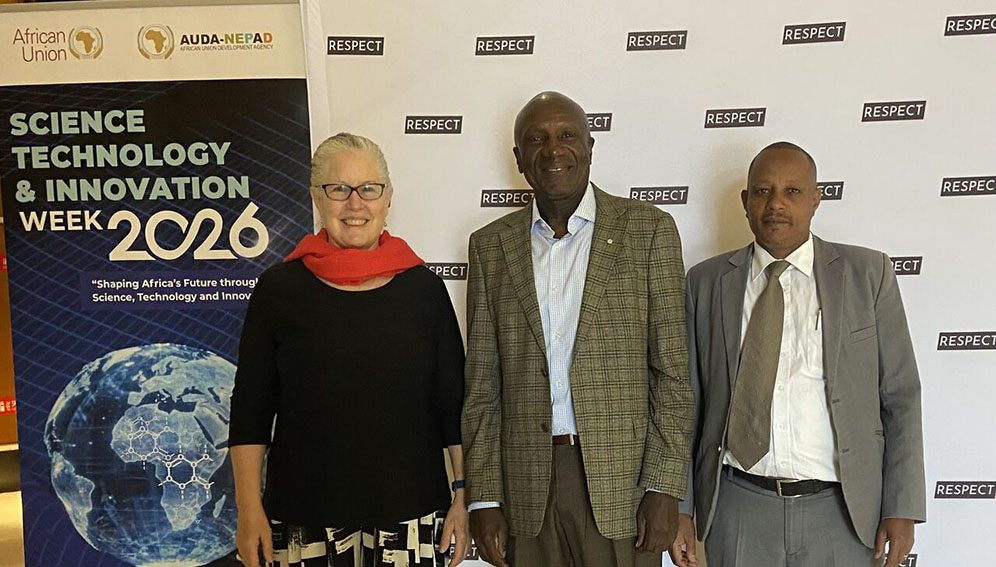Zimbabwe
Science Granting Council
Summary
The Research Council of Zimbabwe (RCZ) was established in 1986 to promote, direct, supervise and coordinate research. One of the major functions of RCZ is advising Government on issues of research for sustainable development. RCZ also provides an exceptional forum for interaction and discussion for the mutual benefit of Government, academia and industrialists.Council details
The Research Council of Zimbabwe (RCZ), established in 1986, plays a central role in promoting, directing, supervising, and coordinating research across the country. As a key advisor to the Government on research for sustainable development, RCZ bridges academia, industry, and policymakers. Its work fosters collaborative innovation that contributes to Zimbabwe’s socio-economic transformation.
RCZ provides a platform for dialogue between researchers, government, and the private sector. It serves as a conduit for financial and infrastructural support to encourage joint research initiatives among national research institutes and councils. As a catalyst for innovation, RCZ identifies national priority areas, consults experts, and helps develop work programmes while securing necessary resources.
To enhance its work, RCZ maintains strong partnerships with professional bodies and international centres of excellence. These collaborations are instrumental in advancing its facilitative role in national and international research efforts.
Advancing Innovation through the SGCI
As an active member of the Science Granting Councils Initiative (SGCI), RCZ has benefited from targeted funding and capacity development. With SGCI support, RCZ has strengthened its management of research calls in high-impact areas such as climate-smart technologies, artificial intelligence, renewable energy, and mining technologies.
Through SGCI, RCZ has partnered with the National Commission for Science and Technology of Malawi, Botswana’s Digital and Innovation Hub, and Tanzania’s Commission for Science and Technology to drive cross-border collaboration. These partnerships aim to build strong research ecosystems while fostering gender inclusion and private sector engagement.
RCZ has also completed over 16 SGCI-funded research projects, including those that tackle water scarcity and food insecurity by engaging tertiary institutions and local communities.
Leadership Perspective: Driving National Impact through Science
In a recent interview, Partson Chikudza, Executive Director of the Research Council of Zimbabwe, reflected on RCZ’s national role and regional impact. He emphasised how the council has become a strategic driver of Zimbabwe’s research agenda, ensuring science and innovation are central to sustainable development. Through SGCI collaborations, RCZ continues to scale up its influence and promote research that delivers tangible results for the people of Zimbabwe and beyond.
Impact we’re having
Stories of change
Low-tech health app engages
Five years after its launch, PENSA – a mobile app developed in Mozambique— has been accessed by…
SGCI funded projects
Namibia explores soil microbe biofertilizer research for sustainable agriculture
Project Titles & Institution Areas of Research Number of Projects being funded Project Duration Grant Amount In-Kind Distribution Council Collaboration with other councils
Empowering Malawi’s rural communities through renewable energy, sustainable agriculture
Project Titles & Institution Areas of Research Number of Projects being funded Project Duration Grant Amount In-Kind Distribution Council Collaboration with other councils
Zimbabwe, Botswana, and Malawi collaborate on science and technology projects
Project Titles & Institutions Areas of Research Biotechnology, mining technology, space science, digital communication technologies, climate smart technologies, AI, agro-processing and renewable energy Number of Projects being funded In-kind Distribution In-kind support (~USD 5K each) covering…
Related News
Building Africa’s science future: inside the SGCI alliance
As Phase 3 of the Science Granting Councils Initiative launches on the margins of the African Union Summit in Addis Ababa last week, the SGCI Alliance Chair explains why this moment marks a decisive turning point for African science. Cephas Adjei Mensah describes what is…
Open call: Support for science granting councils in Sub-Saharan Africa
The International Development Research Centre (IDRC), through the Science Granting Councils Initiative (SGCI), has launched a call for proposals to support science granting councils in Sub-Saharan Africa in the establishment and operationalisation of the Capacity Strengthening Hub under Phase III of the SGCI-3. The Hub…
SGCI phase 3: USD 42M boost for Africa’s STI agenda
It was an exhilarating moment as the Science Granting Councils Initiative (SGCI) Phase 3 funding announcement was officially made yesterday during the Science, Technology, and Innovation (STI) Week 2026, held in Addis Ababa, Ethiopia. The STI Week, organised by AUDA-NEPAD and the African Union and…








